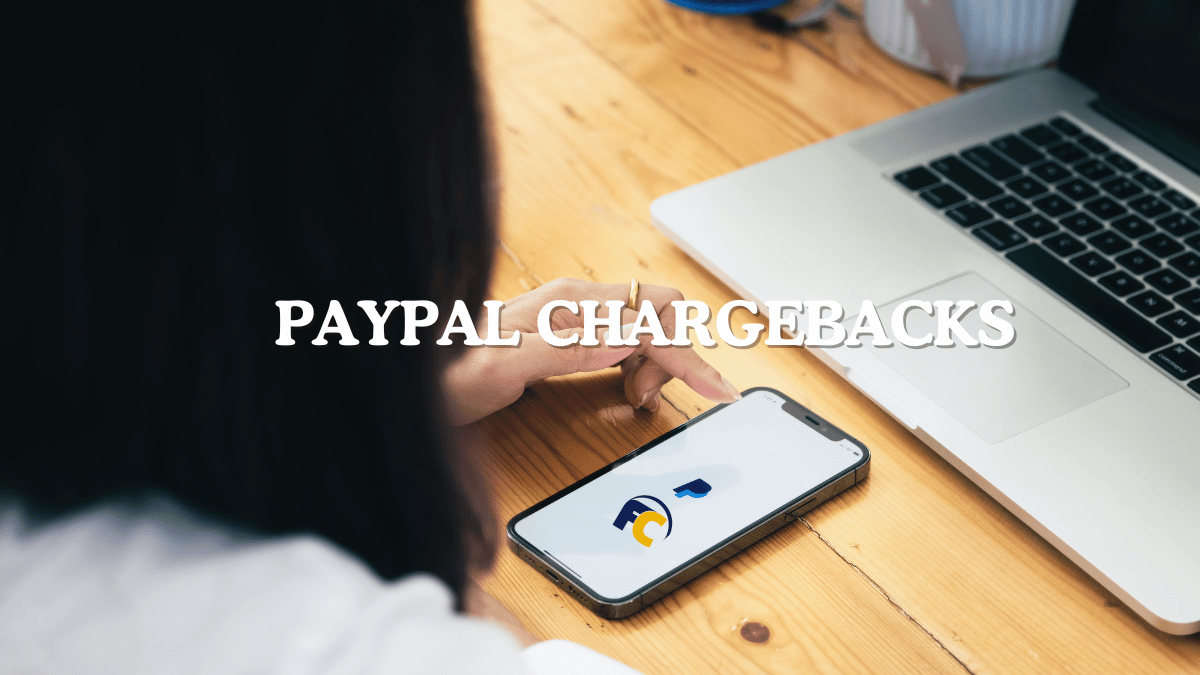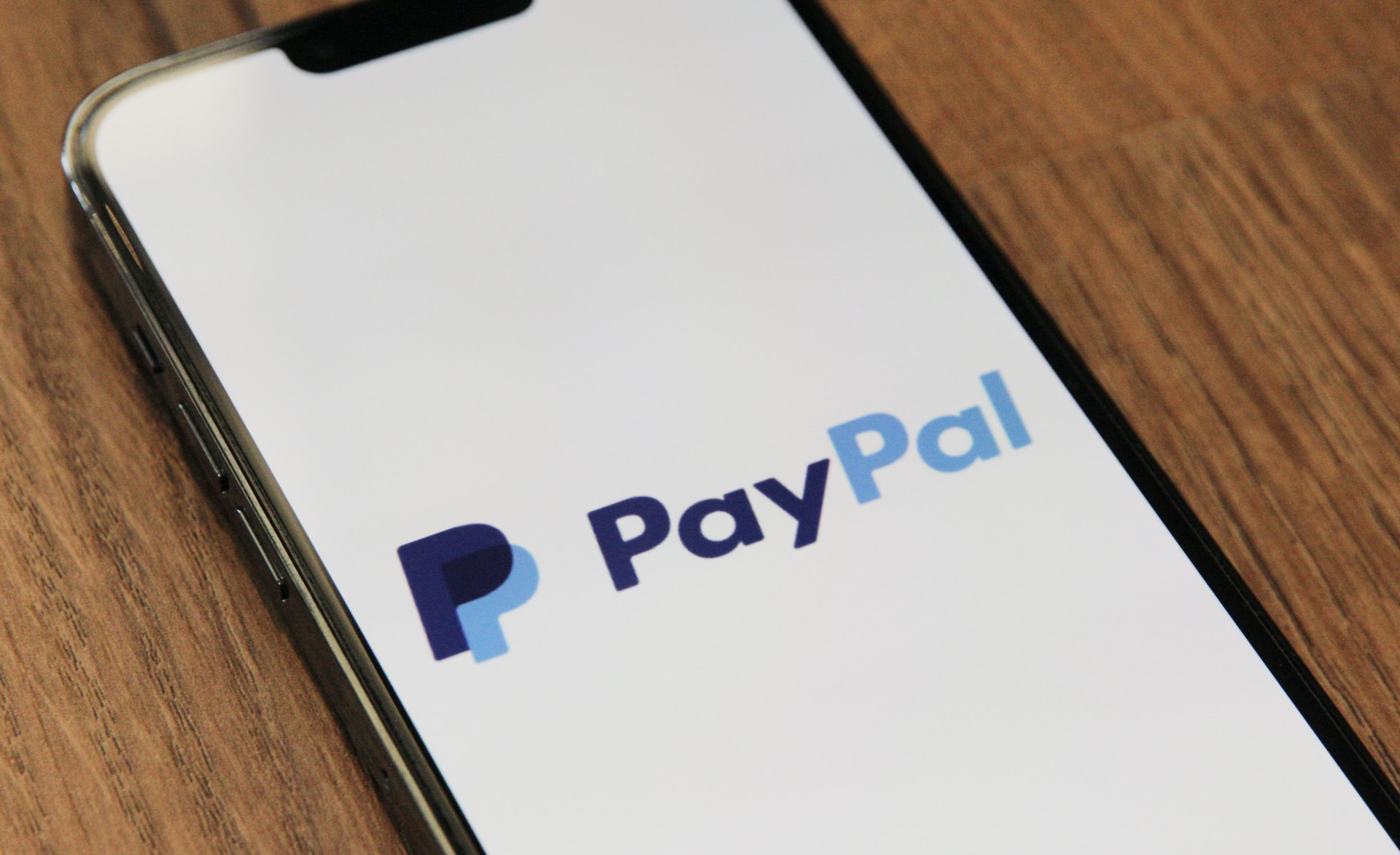
How to Handle PayPal Chargebacks & Disputes: A Merchant Guide
Chargebacks – the dreaded word that sends shivers down the spines of merchants around the globe. Navigating the treacherous waters of PayPal chargebacks can be a daunting task, but fear not! This comprehensive guide will arm you with the knowledge and strategies needed to weather the storm and keep your business afloat. Get ready to dive into the world of chargebacks, explore the inner workings of the PayPal Resolution Center, and discover powerful tools like PayPal Seller Protection and First Card Payments’ Chargeback Protection. Are you ready to turn the tide in your favor? Don’t forget to check out PayPal chargebacks Reddit discussions for real-life experiences and additional tips!
Short Summary
- Understanding the common causes and experiences of PayPal chargebacks can help protect accounts.
- Merchants must take steps to secure payment processing, provide clear communication with customers, and craft accurate product descriptions in order to reduce the risk of disputes.
- Leveraging resources such as PayPal Seller Protection and First Card Payments’ Chargeback Protection tool can help merchants minimize financial losses from chargebacks.
PayPal Chargebacks: Common Concerns and Experiences
Chargebacks are an unfortunate reality for many PayPal merchants. They can result from a variety of situations, such as fraudulent transactions, friendly fraud, or even merchant mistakes. When a PayPal chargeback occurs, it can create financial and reputational harm to businesses.
But by understanding the common causes and experiences surrounding chargebacks, merchants can take proactive steps to protect their PayPal accounts and minimize the risk of disputes.
Fraudulent Transactions
Fraudulent transactions occur when unauthorized individuals gain access to a customer’s account and make purchases without authorization, leading to chargebacks. These illegal activities can leave merchants with a hefty chargeback fee and cause significant harm to their business.
To combat fraudulent transactions, businesses need to implement secure payment processing, provide clear communication with customers, and ensure accurate product descriptions.
Friendly Fraud
Friendly fraud might sound like an oxymoron, but it’s a genuine concern for merchants. It happens when customers dispute legitimate charges, often due to buyer’s remorse or misunderstanding. For instance, a buyer might:
- Purchase a mirror online
- Receive it
- Claim it was never delivered
- Initiate a fraudulent chargeback to obtain a refund while keeping the mirror
To mitigate the risk of friendly fraud, merchants must:
- Ensure clear communication with customers
- Provide accurate product descriptions
- Implement secure payment processing within the PayPal chargeback time limit.
Merchant Mistakes
Merchant mistakes can also lead to chargebacks. Common errors include not utilizing delivery confirmation, ignoring customer communication, or providing inadequate documentation. When a customer receives a product that does not meet the description, they may file a chargeback to receive a refund.
To avoid merchant mistakes that can result in disputes, businesses should provide precise product descriptions, utilize secure payment processing, and maintain transparent communication with customers.
The Impact of Chargebacks on PayPal Accounts
Chargebacks can have severe consequences on PayPal accounts. They may result in account limitations, increased fees, and even account closure. But it’s not all doom and gloom. By understanding the impact of chargebacks and implementing effective prevention strategies, merchants can minimize the negative effects and continue to thrive in the world of online payments.
Chargebacks can be a major headache for merchants, but with the right strategies in place, they can be avoided.
Account Limitations
Account limitations imposed due to chargebacks can restrict certain features or transactions until the issue is resolved. For example, a merchant might face higher chargeback fees, monthly fines, or even termination of their account.
To avoid these limitations, businesses must adhere to recommended practices for chargeback prevention, such as clear communication, accurate product descriptions, and secure payment processing.
Increased Fees
Increased fees can be a significant burden on merchants with a high number of chargebacks. Generally, chargeback fees range from $20 to $100 per case, but they can exceed this range in certain circumstances. Factors contributing to heightened fees include the payment processor, the merchant’s history, and the number of chargebacks.
To keep fees under control, merchants must focus on reducing the occurrence of chargebacks and maintaining a low chargeback rate.
Account Closure
Repeated chargeback issues can ultimately lead to account closure, which affects a merchant’s ability to process payments through PayPal. Losing access to PayPal services can be devastating for businesses that rely heavily on this payment gateway.
To avoid account closure, merchants should follow best practices in chargeback prevention, such as clear communication, accurate product descriptions, and secure payment processing.
Navigating the PayPal Resolution Center
The PayPal Resolution Center is a valuable resource for merchants facing chargeback disputes. It provides a platform for evidence submission and communication with buyers, helping merchants navigate the challenging chargeback process.
By understanding how to use the PayPal Resolution Center, merchants can increase their chances of successfully resolving disputes and protecting their business from financial loss.
Dispute Resolution Process
The dispute resolution process involves multiple steps, including providing evidence and communicating with the buyer to resolve the issue. Merchants must respond within ten days to a PayPal chargeback and follow the proper procedure for submitting evidence and communicating with buyers.
By adhering to the guidelines set forth by the PayPal Resolution Center, merchants can increase their chances of a favorable outcome in a chargeback dispute.
Providing Evidence
In a chargeback dispute, it’s crucial for merchants to submit relevant documentation to support their case. Evidence may include proof of delivery, proof of payment, or proof of customer identity. By providing compelling evidence, merchants can demonstrate the legitimacy of a transaction and potentially sway the outcome in their favor.
Evidence can be submitted through the PayPal Resolution Center, ensuring a streamlined process for both merchants and buyers.
Communication with Buyers
Effective communication with buyers plays a vital role in resolving disputes and preventing chargebacks. By addressing buyer concerns and providing clear information, merchants can often resolve issues before they escalate into a full-blown chargeback.
Maintaining open lines of communication and practicing transparency can help merchants foster a positive relationship with their customers, ultimately reducing the risk of disputes and chargebacks in the future.
Leveraging PayPal Seller Protection
PayPal Seller Protection offers additional support for merchants, covering eligible transactions and providing guidelines for best practices. By leveraging this valuable resource and using a PayPal account, merchants can reduce the impact of chargebacks and safeguard their business from financial loss.
Understanding the ins and outs of PayPal Seller Protection will empower merchants to make informed decisions and protect their bottom line.
Eligibility Requirements
To be eligible for PayPal Seller Protection, merchants must follow specific guidelines. These requirements include:
- Shipping physical products to the designated address with evidence of shipment and delivery confirmation
- Accurately depicting their goods and services
- Responding to requests for information and documentation within the stipulated timelines set by PayPal.
By meeting these eligibility requirements, merchants can enjoy the benefits of PayPal Seller Protection and better protect their business from chargebacks.
Coverage and Limitations
PayPal Seller Protection provides coverage for PayPal claims, chargebacks, and reversals that arise from unauthorized purchases or items not received by the buyer. However, not all transactions are eligible for this protection. Transactions involving non-tangible goods, services, or other non-physical items are not covered.
By understanding the coverage and limitations of PayPal Seller Protection, merchants can make informed decisions about their transactions and better protect their business.
Best Practices
To make the most of PayPal Seller Protection, merchants should follow the best practices recommended by PayPal. These practices include clear communication with customers, accurate product descriptions, and secure payment processing.
By adhering to these guidelines, merchants can minimize the risk of chargebacks and enjoy the benefits of PayPal Seller Protection.
Chargeback Prevention Strategies
Implementing chargeback prevention strategies and chargeback management is essential for merchants looking to reduce the risk of disputes and financial losses. By focusing on clear communication, accurate product descriptions, and secure payment processing, merchants can address the root causes of chargebacks and protect their business from potential harm.
Let’s explore these strategies in more detail.
Clear Communication and Customer Service
Clear communication and exceptional customer service are key to addressing buyer concerns and preventing disputes. By being responsive, transparent, and helpful, merchants can build trust with their customers and reduce the likelihood of misunderstandings that could lead to chargebacks.
Ensuring that customers feel heard and valued can go a long way in maintaining a positive relationship and minimizing disputes.
Accurate Product Descriptions
Accurate product descriptions play a crucial role in chargeback prevention. By providing comprehensive and truthful information about their products, merchants can set realistic expectations for buyers and reduce the chances of disputes arising from items not being as described. To craft accurate product descriptions, merchants should include detailed information about the product, such as:
- Features
- Dimensions
- Materials
- Any other relevant details
Clear images of the product should also be included to give customers a complete understanding of what they’re purchasing.
Secure Payment Processing
Secure payment processing is essential in preventing fraudulent transactions and protecting customer information. Merchants should utilize secure payment gateways, encryption technology, and fraud protection tools provided by PayPal to ensure the safety of customer data and minimize the risk of chargebacks.
By implementing these security measures, merchants can maintain a trustworthy payment system and reduce the likelihood of disputes arising from fraudulent transactions.
First Card Payments Chargeback Protection
First Card Payments offers a Chargeback Protection tool that evaluates transactions, including debit card checkout, in real-time, declines high-risk transactions, and waives fees for eligible chargebacks with provided evidence. This powerful tool can be a game-changer for merchants looking to minimize chargebacks and protect their business from financial loss.
By leveraging First Card Payments, a credit card company, and their Chargeback Protection, merchants can stay ahead of potential disputes and safeguard their bottom line.
Summary
In conclusion, navigating the world of PayPal chargebacks can be a challenging endeavor, but with the right strategies and tools in place, merchants can successfully overcome these obstacles. By focusing on clear communication, accurate product descriptions, secure payment processing, and leveraging resources like PayPal Seller Protection and First Card Payments’ Chargeback Protection, merchants can minimize the risk of disputes and protect their businesses from financial loss. Don’t let chargebacks hold your business back – take action today and pave the way for a brighter, more secure future.
Frequently Asked Questions
What happens if someone chargebacks on PayPal?
If someone charges back on PayPal, the customer files a dispute which may result in a refund if settled in their favor. The merchant is charged a non-refundable fee, and the buyer’s account is frozen.
A hold is placed on the seller’s funds related to the chargeback, with PayPal notifying them via email and requesting additional information.
How do I protect myself from a PayPal chargeback?
To protect yourself from a PayPal chargeback, ensure that the transaction is covered by PayPal’s Seller Protection Program, provide realistic delivery dates, ship with online tracking, and order shipping insurance.
Additionally, respond to any chargeback notices within 10 days.
How many chargebacks are too many?
An industry standard of one chargeback per 100 successful orders, or a 1% chargeback rate, is generally accepted as the highest allowable ratio. Exceeding this threshold can have serious consequences for your business.
Chargebacks can result in fines, account suspension, and even the termination of your merchant account. It is important to monitor your chargeback rate and take steps to reduce it if it exceeds the industry standard.
What are some common reasons for PayPal chargebacks?
Common reasons for PayPal chargebacks include fraudulent transactions, friendly fraud, and merchant mistakes.
Chargebacks can be costly for merchants, so it’s important to understand the different types of chargebacks and how to prevent them. For example, merchants should always verify the product.
How can merchants prevent chargebacks?
Merchants can prevent chargebacks by providing clear communication, accurate product descriptions, and secure payment processing.
By ensuring that customers understand what they are buying, merchants can reduce the likelihood of chargebacks. Providing detailed product descriptions and clear payment terms can help customers make informed decisions.
My interest in the financial world started to blossom in High School. However, my parents tell me I use to watch financial programs before the age of 5. So, I guess I was born with the Financial bug. In high school I was accepted into their Finance Academy, which I attended for 4 years. In addition to graduating high school, I accumulated a substantial amount of financial knowledge few people experience at such a young age. During which time, I won the State of Florida Stock Market Contest and I also finished in the top 100 in the CNBC stock market contest which had over 1 million participants throughout the country (including some of Wall Street’s elites) with a take home prize of $1 million. These achievements allowed me to be invited to many shows and events with top people in their fields of business from around the world.
No Comments
Sorry, the comment form is closed at this time.











